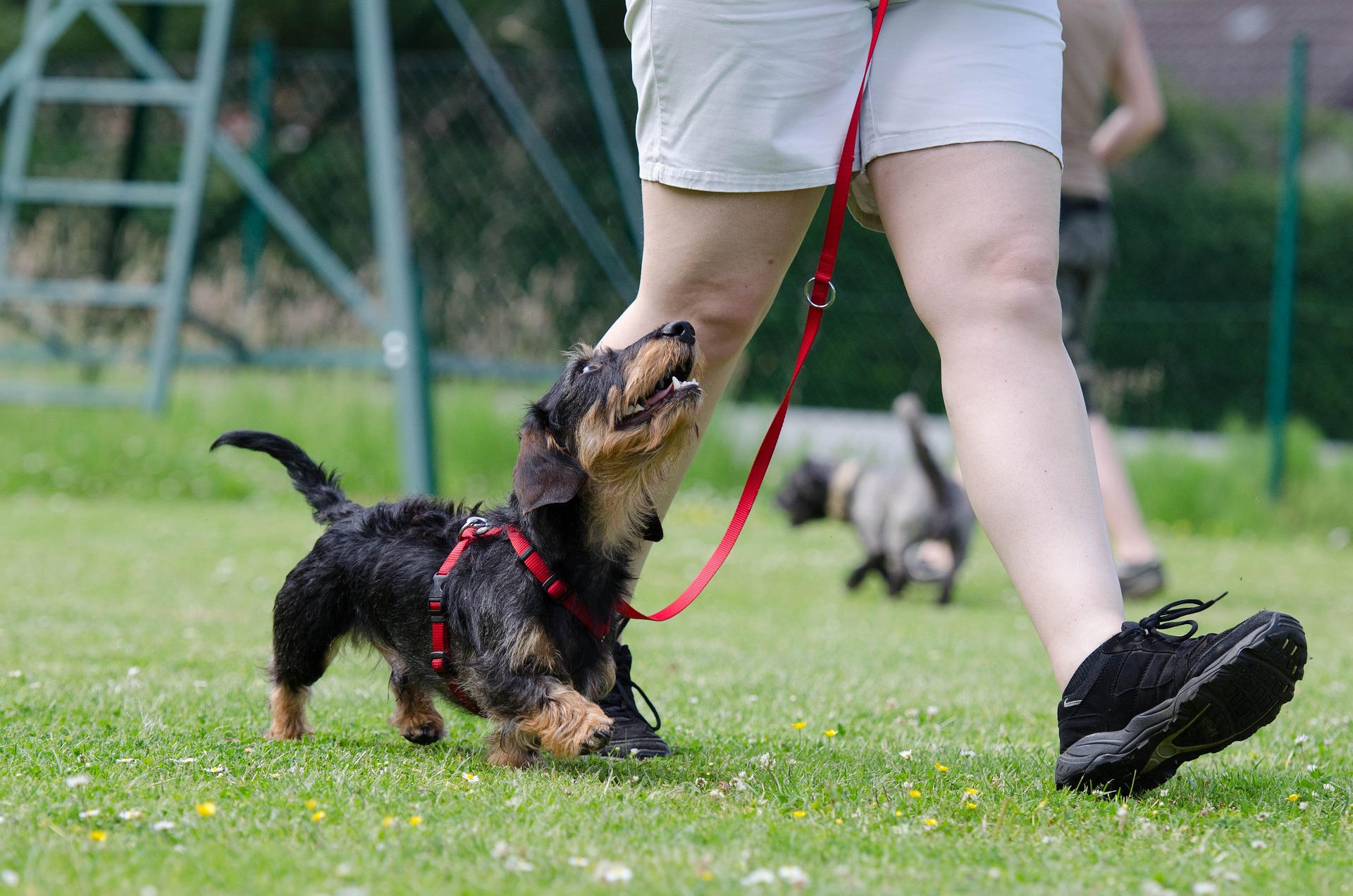Dog Walker Jobs: A Rewarding Career for Animal Lovers
Are you passionate about animals and looking for a flexible career option? Dog walking might be the perfect fit for you. This growing industry offers numerous opportunities for animal lovers to turn their passion into a profitable profession. In this article, we'll explore the world of dog walker jobs, discussing the responsibilities, benefits, and challenges of this rewarding career path.

-
Cleaning up after the dogs during walks
-
Reporting any unusual behavior or health concerns to the owners
In addition to walking, some dog walkers may also offer additional services such as feeding, administering medication, or providing basic grooming.
How much can you earn as a dog walker?
The earning potential for dog walkers can vary significantly depending on factors such as location, experience, and the number of clients. On average, dog walkers can expect to earn between $15 and $25 per hour. However, experienced walkers in high-demand areas may charge up to $30 or more per hour.
Many dog walkers start by working for established pet care companies, which typically pay a set rate per walk. As they gain experience and build a client base, some choose to become independent contractors or start their own dog walking businesses, potentially increasing their income.
| Service Type | Average Rate | Potential Earnings (40-hour week) |
|---|---|---|
| Group Walks | $15-$20/hour | $600-$800/week |
| Private Walks | $20-$30/hour | $800-$1200/week |
| Pet Sitting | $50-$75/day | Varies based on frequency |
Prices, rates, or cost estimates mentioned in this article are based on the latest available information but may change over time. Independent research is advised before making financial decisions.
What skills do you need to become a dog walker?
To succeed as a dog walker, you should possess the following skills and qualities:
-
Love for animals: A genuine affection for dogs is essential for this job.
-
Physical fitness: Dog walking involves a lot of walking and sometimes running, so being in good shape is important.
-
Patience and calmness: Dogs can be unpredictable, so staying calm in various situations is crucial.
-
Reliability and punctuality: Clients depend on you to show up on time and follow their instructions.
-
Basic dog training knowledge: Understanding dog behavior and basic commands can help you manage different dogs effectively.
-
First aid skills: Knowing how to handle emergencies can be invaluable in this line of work.
How can you get started as a dog walker?
If you’re interested in becoming a dog walker, here are some steps to help you get started:
-
Gain experience: Start by walking dogs for friends, family, or neighbors to build your skills and confidence.
-
Get certified: Consider obtaining a pet first aid certification or taking a dog walking course to enhance your credentials.
-
Research local regulations: Check if your area requires any licenses or permits for dog walking businesses.
-
Create a business plan: Decide on your services, rates, and target market.
-
Invest in essential equipment: Purchase leashes, treats, waste bags, and other necessary supplies.
-
Build an online presence: Create a website or social media profiles to showcase your services and attract clients.
-
Network: Connect with local pet owners, veterinarians, and pet stores to spread the word about your services.
What are the challenges of being a dog walker?
While dog walking can be a rewarding career, it’s important to be aware of potential challenges:
-
Unpredictable weather: You’ll need to walk dogs regardless of rain, snow, or extreme heat.
-
Physical demands: Long hours of walking and potential injuries from overexertion or accidents with dogs.
-
Difficult dogs: Some dogs may be aggressive, poorly trained, or have behavioral issues.
-
Irregular income: Work may be seasonal or fluctuate based on client needs.
-
Liability concerns: Accidents or injuries can occur, so proper insurance is essential.
Despite these challenges, many dog walkers find the job highly satisfying due to the bonds they form with their canine clients and the flexibility of the work.
In conclusion, dog walker jobs offer a unique opportunity for animal lovers to turn their passion into a career. With the right skills, preparation, and dedication, you can build a successful and rewarding business in the growing pet care industry. Whether you’re looking for a part-time gig or a full-time career change, dog walking provides a flexible and fulfilling option for those who enjoy spending time with our four-legged friends.






